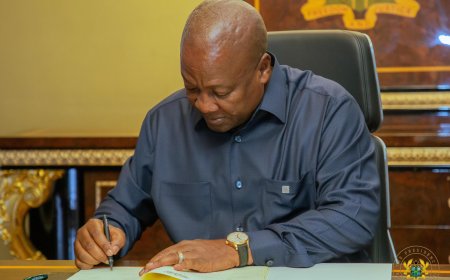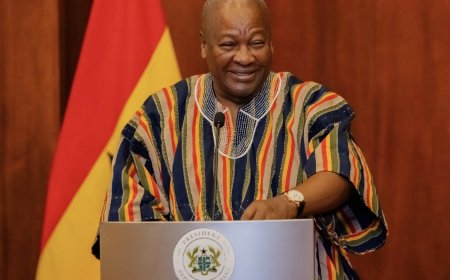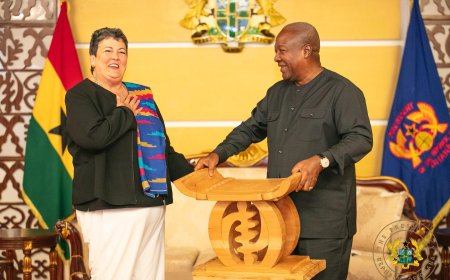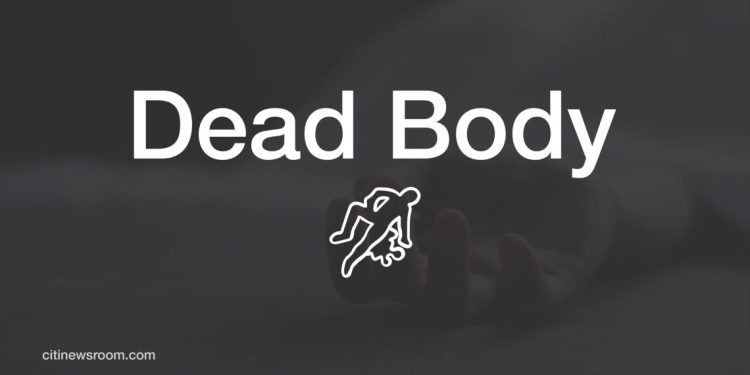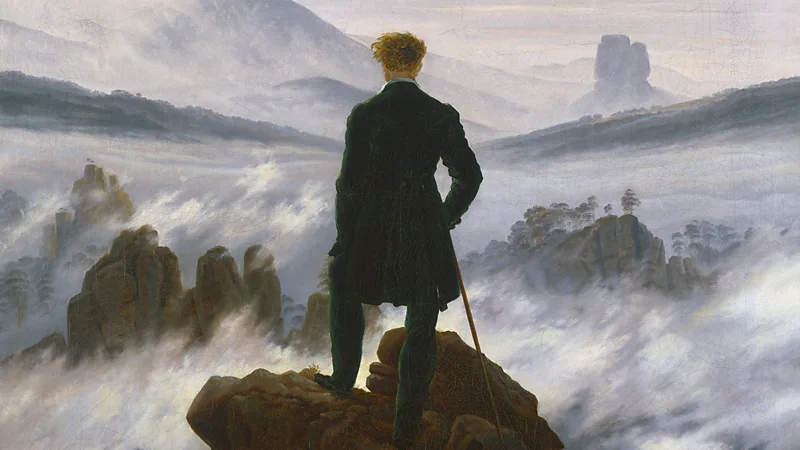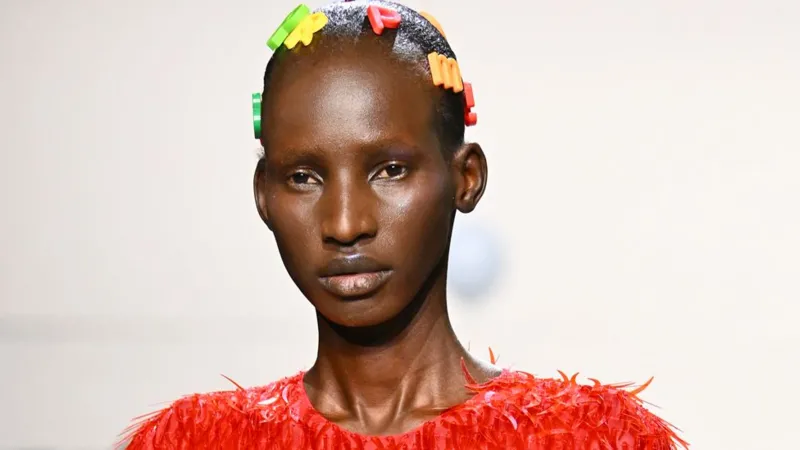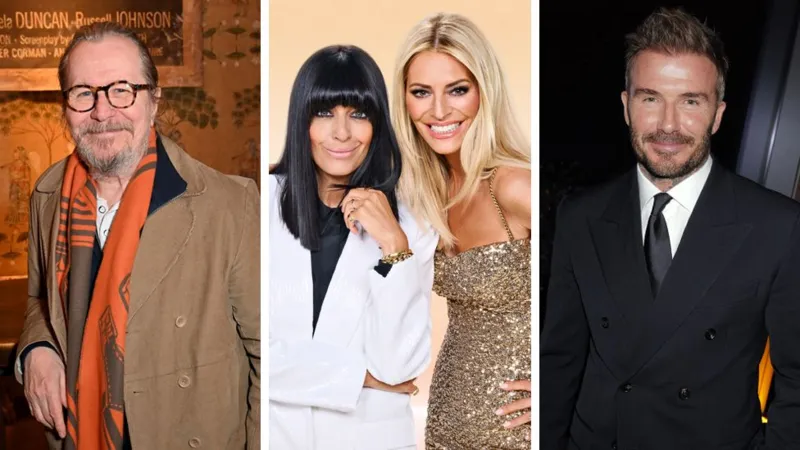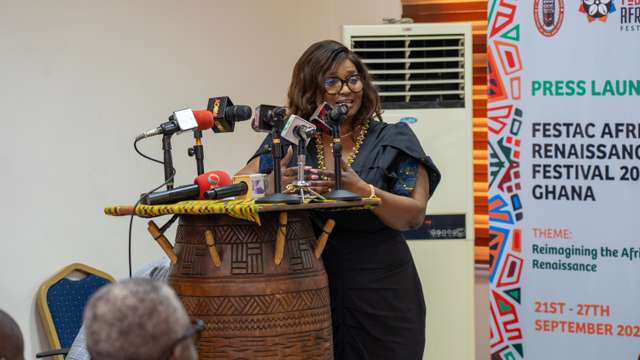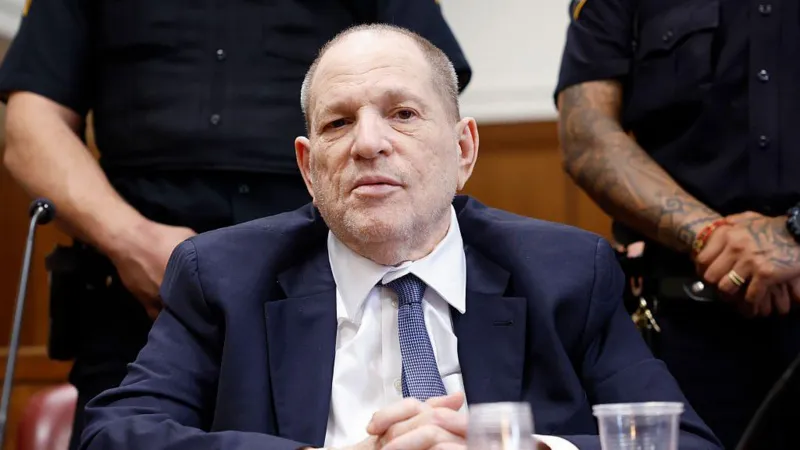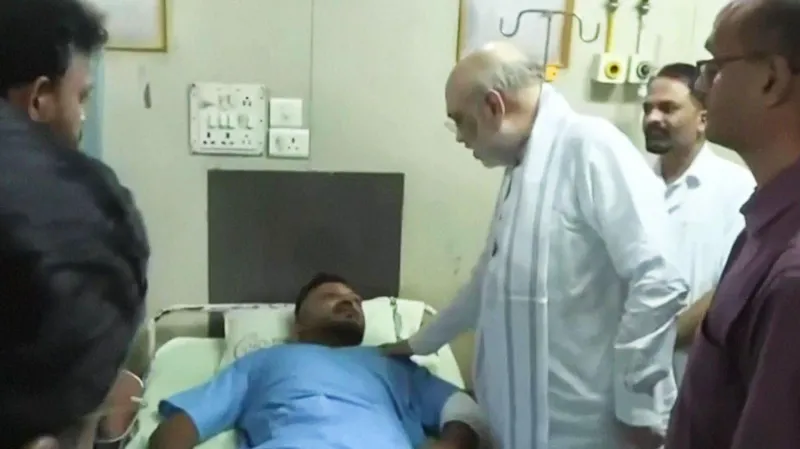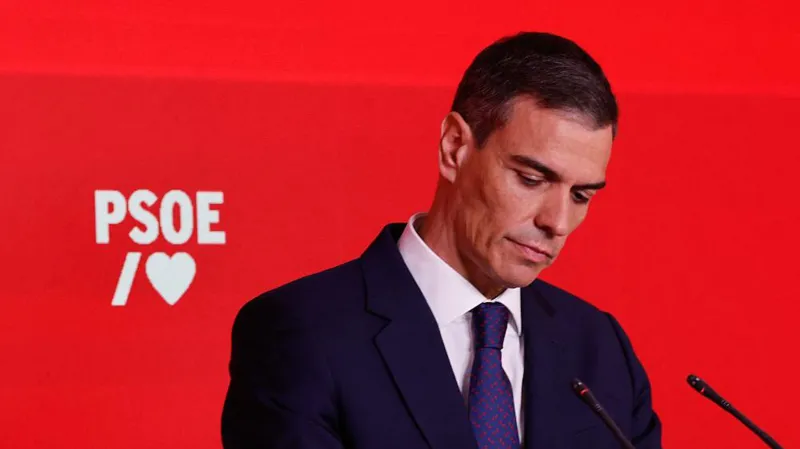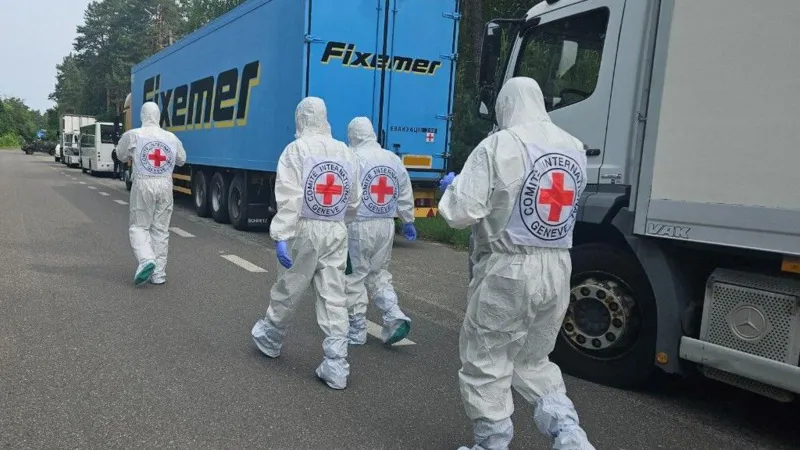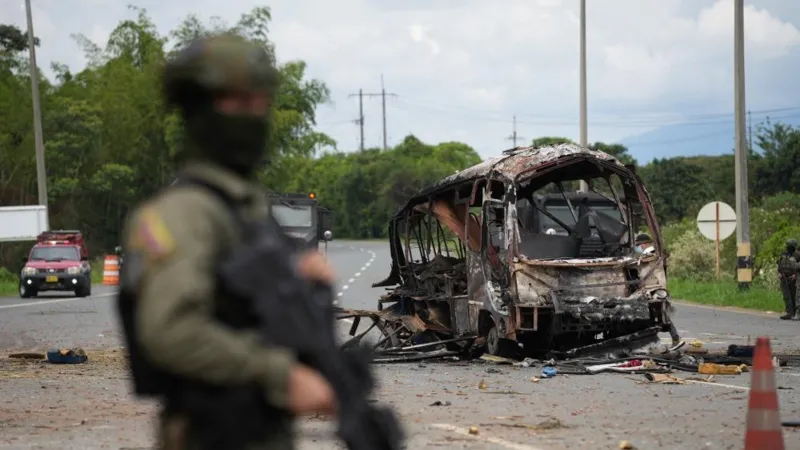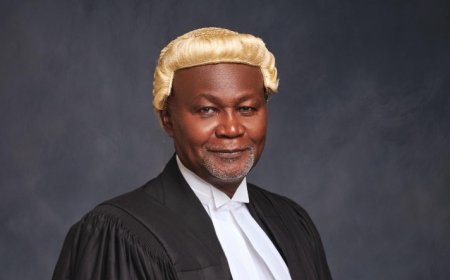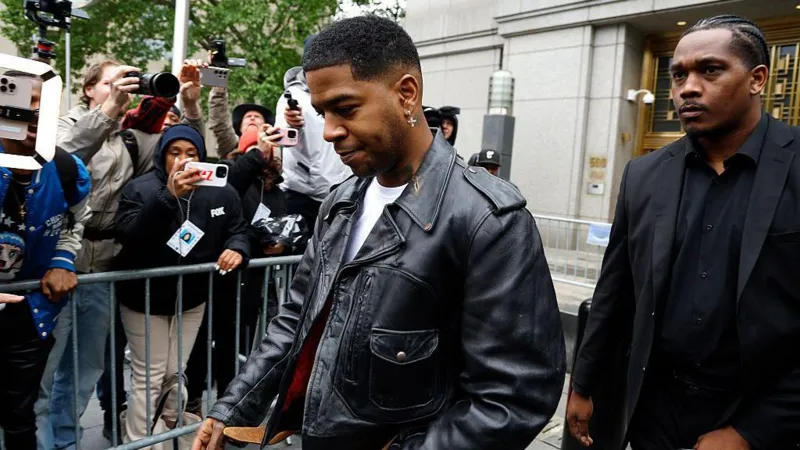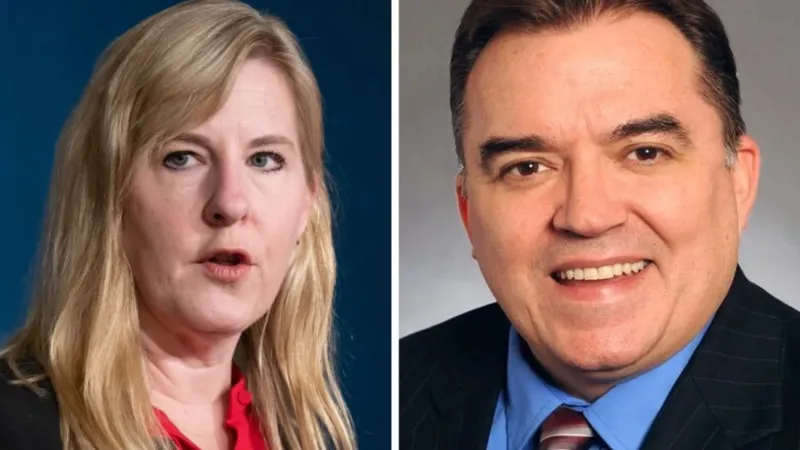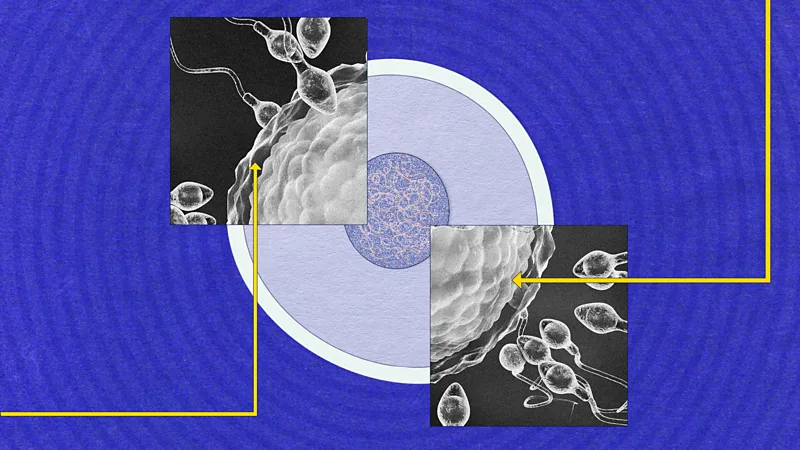I was 19 and on the trip of a lifetime – then I drank a cocktail laced with methanol
In a bar in Bali, Ashley King was given a lethal drink. A day later, she realised she was going blind. She thought all her dreams were over – but the reality proved very different

The last night of Ashley King’s holiday shouldn’t have been especially memorable. It was 30 August 2011, and she and her best friend, Krista, went out barhopping in the tourist town of Kuta in southern Bali, as they had done many times before.
King and Krista are from Calgary in Canada, and had decided to spend a year travelling after their high school graduation. They planned to explore the island of Bali, but King’s credit cards were stolen and Krista ran out of money, so they were stuck in Kuta, a party district.
In one of the swankier bars on the strip, King was given a fruity vodka cocktail in a reusable plastic bottle, so she could dance without spilling it. She was drunk, she says, but not notably so. After nursing their hangovers the next day, she and Krista went to the airport at midnight: King was travelling to New Zealand for the rugby World Cup, and Krista to Australia.
When King arrived in Christchurch, she was grilled at immigration: she hadn’t yet booked a return flight. She began to realise something was wrong with her. “I remember talking to the customs people and it was like I was drunk,” she says. “I could not form sentences in a way that sounded confident.”
She dismissed it as exhaustion. There had been a delay before the six-hour flight from Bali to Sydney, and a second flight to New Zealand, and her luggage had been lost by an airline along the way. All this, after a heavy night out.
She called her mother in Calgary, who bought her a return flight to Brisbane to appease immigration. “All I had with me was an iPod,” says King. “I didn’t even have a cell phone. I went to the bathroom and I was feeling so nauseous and disoriented.” It was the first time she had travelled alone, so she blamed her discombobulation on nerves too, the stress of trying to reclaim her lost luggage, and only having $15.

At 4pm she arrived at her hostel in Christchurch, falling asleep, her rest broken by nightmares in which she couldn’t breathe. A small lamp in the room had been on, but when she woke up, it seemed to have gone off. She thought her iPod was dead, too, because she couldn’t see the screen. The entire hostel was dim, in fact, so she assumed it was 5am or so, the sun yet to come up.
King needed the bathroom and made her way along the corridor in the dark, accidentally locking herself out of her room. She stumbled down to reception for a new key, but the minute she was back upstairs, she began gasping for air. “It was like the feeling after you sprint, but I just wasn’t getting my air back.” She is asthmatic, and wondered if this was her first proper attack. Hyperventilating, she returned to reception, where the woman on the desk got her to breathe into a brown paper bag.
Now King knew something was wrong with her eyes. It wasn’t 5am. It was noon. Her iPod wasn’t dead and the lamp hadn’t gone out.
The receptionist drove her to a walk-in clinic, where King explained that she couldn’t see the fingers the nurse was holding up. She was taken to hospital. The doctors asked what she had done the night before. Had she taken drugs? Was she out partying?
It wasn’t until her blood test results came back that they realised exactly what was wrong.
Methanol is a type of alcohol sometimes mixed into bootleg liquor as a cheaper alternative to ethanol. One mouthful can be deadly. As methanol metabolises in the body it creates harmful by-products: formaldehyde (used to embalm bodies), formate and formic acid, which attack nerves and organs and can lead to blindness, brain damage and death. Formate is the main toxin that is produced and it acts like cyanide by stopping energy production in cells, which causes depression of the central nervous system. There were large quantities of methanol in King’s blood. The doctors were shocked, in the circumstances, that she had woken up at all in the hostel. In November last year, six tourists died in Laos from the suspected consumption of drinks laced with methanol.
One of the few things that slows down the effects of methanol is alcohol. In hospital, King was given a plastic cup of vodka and orange juice. She downed it, and they poured her another – and another. “It was the most absurd drinking game I’ve ever played,” she says. “The drunker I got the more I could breathe, the more I was able to see.”
She was moved to intensive care and given haemodialysis, a treatment to filter waste, salt and water from the blood when the kidneys are not working normally. They didn’t know if she would survive, so they rang her parents to tell them. Her mother, Carolina, flew to Christchurch not knowing if her daughter would be alive when she arrived.
After the alcohol treatment, King sobered up and the doctors broke the news about her eyes. She was blind, and her sight would not return. “I’ve never felt so alone in my life,” she says. Her mum was still to arrive and she knew no one in New Zealand. “Three days ago, I had had my entire life ahead of me. And now you’re telling me that I’m blind?”
Her mum arrived later that afternoon and both of them burst into tears.
The doctors did everything they could to save King’s sight. They gave her steroids to bring down the swelling of her optic nerves, which helped temporarily. By the end of the week, she could see out of one eye and could see colour. She could even read again. But soon she found herself struggling to focus on the book she was reading. The words were disappearing. As her sight faded again, the doctors told her that they had exhausted their options.
She remembers crying as she listed all the things she thought she would never do – go to university, get a job, fall in love. She had always wanted to study acting, but that now seemed out of the question.
Recovering in a hotel in New Zealand, she listened to the 250 songs on her iPod touch, over and over again. She couldn’t read. She couldn’t watch television. Her life felt like Groundhog Day, she says, when she returned to Calgary. “I would wake up every day hoping that I could see. And the worst part was that I still dreamed in vivid colour.”
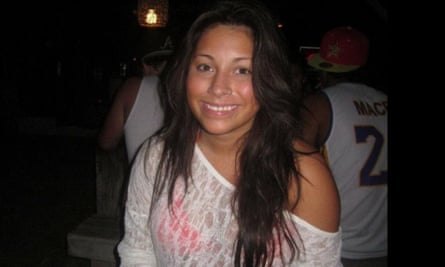
In reality, she was stuck in her parents’ basement because they had rented out her room for a year to a Mexican exchange student. In Australia, she says, she had gained “so much confidence and self-esteem and all of that independence and confidence was completely stripped away”. She couldn’t drive her car or return to her old job, and when her friends planned a trip to Mexico she wasn’t invited; she assumed they didn’t want to take care of her. “I was mean and mad at the world and felt as if my life was stolen from me.”
In the early days of blindness, King, who has about 2% vision, was in denial. She doesn’t have central vision, which is where all the functionality is in the eyes – being able to see colour, depth and detail – so everything is very static-y. “It looks like snowfall or a TV screen, or salt-and-peppery. And it’s all in a sepia tone.” She would try to meet friends in bars she knew well and pretend she was all right until, one day, she went out, crossed the street and was hit by a car. “I didn’t want help. I didn’t want to be a burden,” she says. “I didn’t want people to look at me differently.”
King wanted to do everything she could do before losing her sight: travel, snowboard, cook, apply makeup. “I would take bronzer and put it all over my face like it was foundation. I got really, really obsessed with plucking my eyebrows because I believed they were overgrown. So I had really funky eyebrows for a while, because you shouldn’t do that when you can’t see.” Since then, technology has improved. At first, she had to use a handheld reader that magnified documents. Now, she can do most things on her iPhone.
Her friends didn’t know how to interact with someone with a disability in those early days, she says, “because anybody that we had grown up with or seen with a disability was secluded away in a separate classroom. I didn’t even need to engage with somebody who had a disability. I was ableist without knowing it. Even when I lost my eyesight, I did not want to be a part of the blind community.”
''I’ve had people not believe me when I tell them I’m blind … there’s an idea that I’m supposed to have a cane or a dog.
What she needed was people to allow her to be angry. “I wanted there to be justice and there was no justice.” There was no way to prove that she was poisoned in the club she believes was responsible, and it has since closed down. After a friend had a stroke recently and lost part of her eyesight, King told her: “You’re allowed to be angry and frustrated and not leave the house.”
Blindness is often an invisible disability, she says. “It has taught me that you truly have no idea what somebody is going through, because I’ve had people not believe me when I tell them that I’m blind. There is an idea that society perpetuates – I’m supposed to have a cane or a dog, or be wearing Ray-Bans.”
Many of her initial fears proved unfounded. Two years after she lost her eyesight, she went backpacking to seven countries in South America: she climbed volcanoes, swam with sharks and began to share her experience of methanol poisoning with other travellers.
She studied journalism at university, did an exchange in the UK, and visited India. When she first thought of going to India, it was because scientists there were leading the way in stem cell research, which could restore her sight. But she held back, worried that if anything went wrong with the experimental treatment, she might be left completely in the dark. Her remaining 2% vision “has given me such a life,” she says.
By the time King did go to India, she had forgotten about that initial motivation. “I met so many amazing people who were really life-changing,” she says, “and they liked me because of who I am now.”
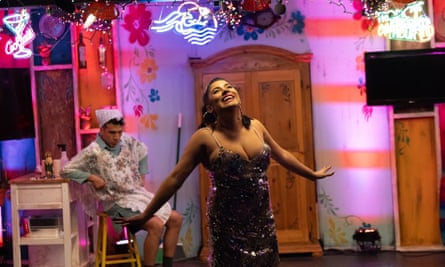
After university, she interned for a magazine where she was asked to write about a company that was making theatre accessible for people with disabilities. A member of the audience was invited on stage to solve a crime and King went up, not revealing that she was blind until she missed a visual cue to shake an actor’s hand. It turned out one of the professional actors was blind too.
At the end of the show, King was given a standing ovation: “the most riveting thing”. The founders of the company became her mentors and offered her a job – she still works there today. She went to drama school, as she had originally planned, began to audition and recently wrote a play based on her experience in Bali. She says she didn’t want it to come across as “really inspirational”. “I’m as flawed and imperfect as every other person out there. I just happen to be doing things that are a little bit harder.”
She says there will always be a part of her that doesn’t accept that she’s blind. But there is nothing “I haven’t tried because I’ve been too scared”. A few weekends ago, she went snowboarding with friends, following her partner down the mountain as he gave her directions. In Morocco, two years ago, she tried sandboarding.
At the start of that graduation trip, King dreamed of the life she would have when she returned home, full of excitement and opportunities. Fourteen years on, she knows she can achieve everything she wanted to back then. “Yes, there are physical things I can’t do, like drive a car, but the things that truly matter to me, I’ve found a way to make them happen. The more I’ve accomplished over the years, the more strength and determination it’s given me. I’m living the life I always dreamed of.”
Source: The Guardian
